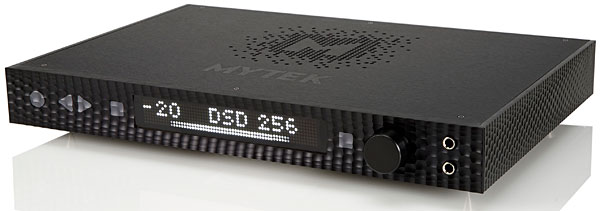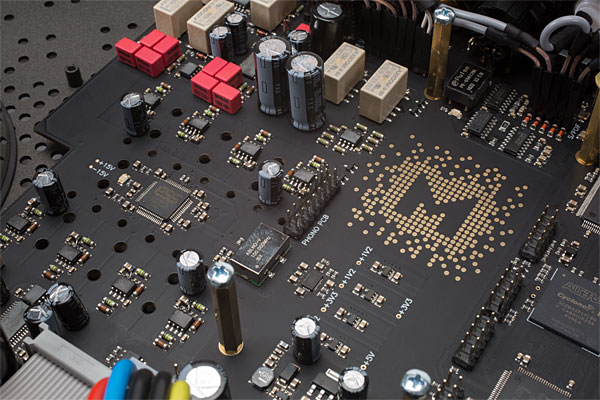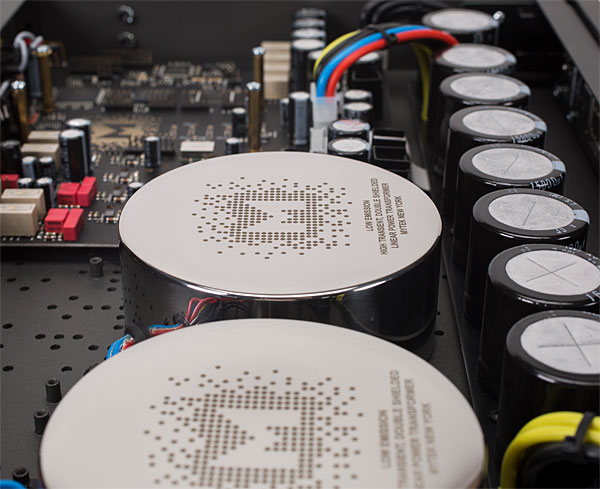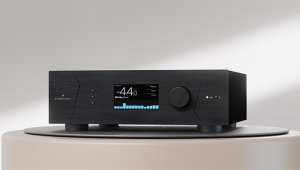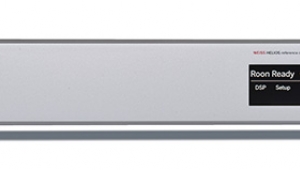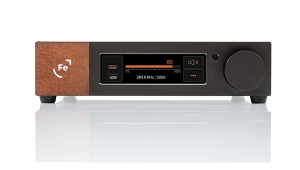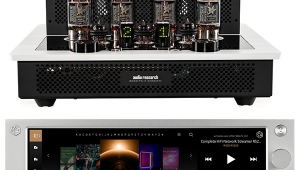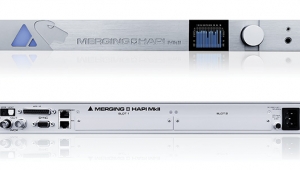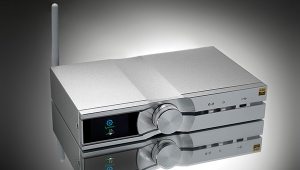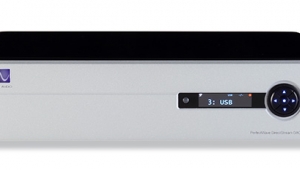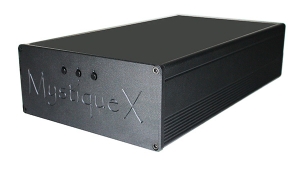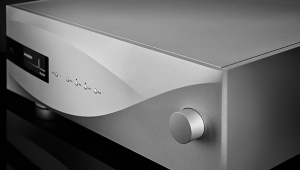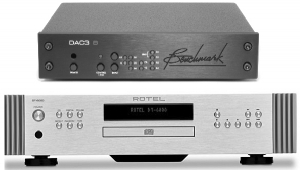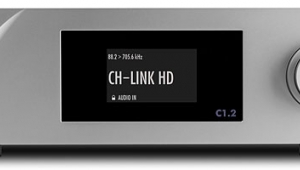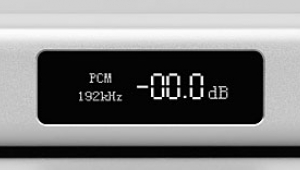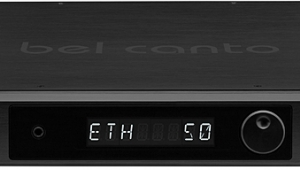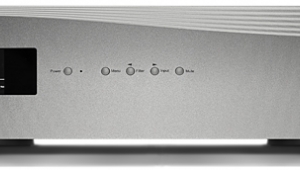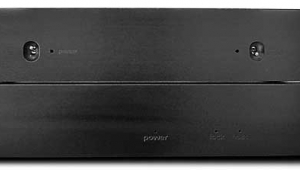| Columns Retired Columns & Blogs |
it's good to feel like I'm not the only one not paying 'needless' editors for everything I scribble.
People ( I work for ) will typically poke me with a sharp stick for this kind of fun stuff, I tell em that I wonder if they actually read the important content I send em'.
Anyway, thanks for reviewing this significant development in digital source technology.
Now I can confidently own a Polish Feliks Elise and Polish Mytek!
How about some Polish Loudspeakers and/or Headphones ( or are Sennheisers close enough? ).
Tony in Michigan
